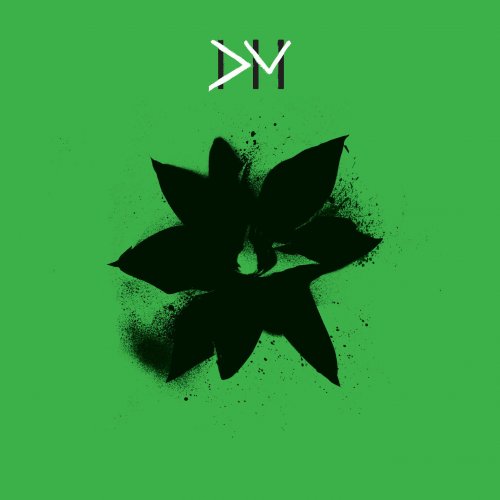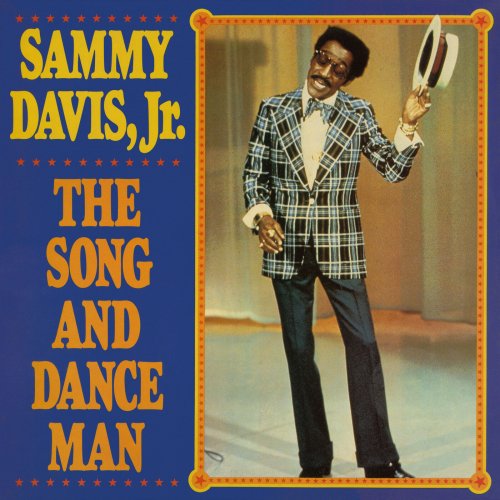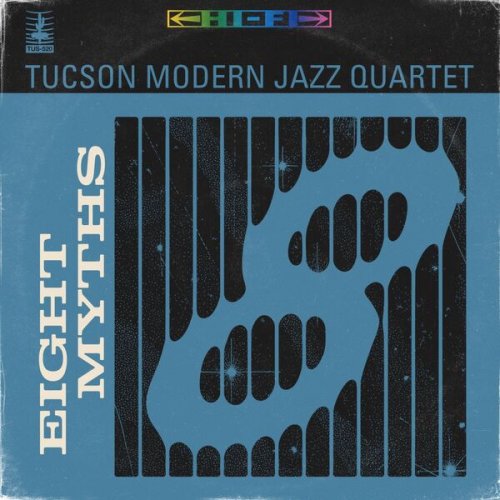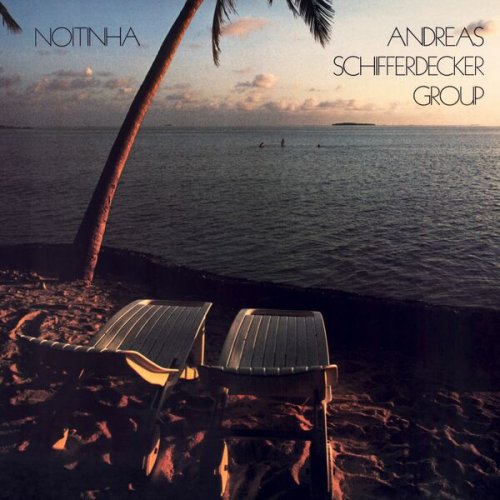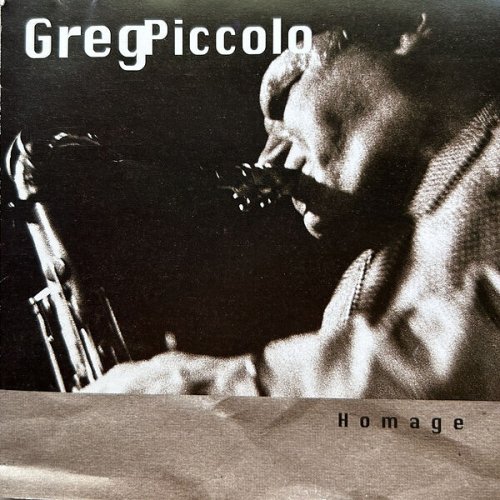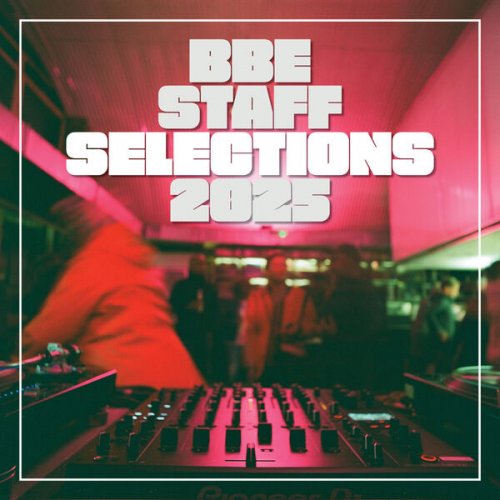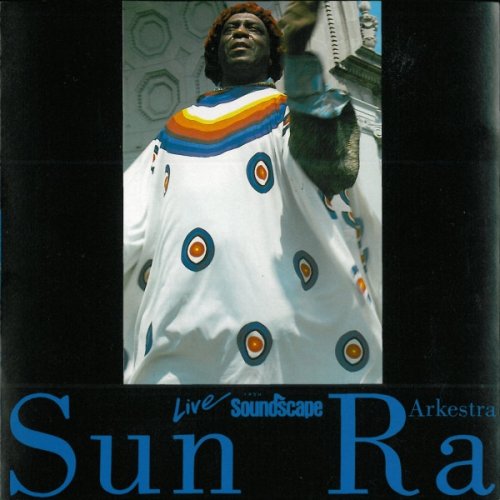Artist:
Depeche Mode
Title:
Exciter | The 12" Singles
Year Of Release:
2022
Label:
Legacy Recordings
Genre:
Electronic, Synth-Pop, New Wave
Quality:
FLAC (tracks) / MP3
Total Time: 3:26:59
Total Size: 1.21 GB / 477 MB
WebSite:
Album Preview
Tracklist:01. Dream On (Bushwacka Tough Guy Mix)
02. Dream On (Dave Clarke Remix)
03. Dream On (Bushwacka Blunt Mix)
04. Dream On (Single Version)
05. Easy Tiger (Full Version)
06. Easy Tiger (Bertrand Burgalat & A.S Dragon Version)
07. Dream On (Dave Clarke Acoustic Version)
08. Dream On (Octagon Man Mix)
09. Dream On (Octagon Main Dub)
10. Dream On (Kid 606 Mix)
11. I Feel Loved (Danny Tenaglia's Labor Of Love Edit)
12. I Feel Loved (Danny Tenaglia's Labor Of Love Dub)
13. I Feel Loved (Umek Mix)
14. I Feel Loved (Thomas Brinkmann Mix)
15. I Feel Loved (Chamber's Remix)
16. I Feel Loved (Single Version)
17. Dirt
18. I Feel Loved (Extended Instrumental)
19. I Feel Loved (Desert After Hours Dub)
20. Freelove (Console Remix)
21. Freelove (Schlammpeitziger "Little Rocking Suction Pump Version")
22. Zenstation (Atom's Stereonerd Remix)
23. Freelove (Bertrand Burgalat Version)
24. Freelove (DJ Muggs Remix)
25. Freelove (Flood Mix)
26. Zenstation
27. Freelove (Josh Wink Vocal Interpretation)
28. Freelove (Deep Dish Freedom Remix)
29. Freelove (Powder Productions Remix)
30. Goodnight Lovers
31. When the Body Speaks (Acoustic Version)
32. The Dead of Night (Electronicat Remix)
33. Goodnight Lovers (Isan Falling Leaf Mix)
Pioneering English band Depeche Mode took the underground electronic club sounds of the early '80s and expanded them to stadium-sized levels within a decade, becoming one of the best-selling international groups in the process. One of the first acts to establish a musical identity based completely around the use of synthesizers, they debuted with a bouncy electro-pop spirit which gradually developed into a darker, more dramatic synth-rock style that ultimately positioned them as one of the most quintessential alternative bands of their era. Earning a modest European following with early releases like 1981's Speak & Spell and 1983's Construction Time Again, they made their U.S. breakthrough in 1984 with their platinum-certified fourth LP, Some Great Reward. From there, Depeche Mode remained a fixture on the international Top Ten with hit '90s albums such as the classic Violator and their first U.S./U.K. number one, the grunge-influenced Songs of Faith and Devotion. While internal drama and struggles with substance abuse threatened to derail them by the late '90s, their ever-evolving sound adapted with the times, whether diving into moody trip-hop on 1997's Ultra or digitizing with experimental electronic on 2001's Exciter. By the late 2000s, the trio experienced a popular resurgence and renewed drive with the chart-topping electro-rock Playing the Angel, which kicked off a new era that poised Depeche Mode as elder statesmen of the genre, dominating sales with each subsequent release and even embarking on their longest tour to date, in support of their 14th album, 2017's Spirit.
Originally a product of Britain's new romantic movement, Depeche Mode got their start in 1976, when Basildon, England-based keyboardists Vince Clarke and Andy Fletcher first teamed to form the group No Romance in China. The band proved short-lived, and by 1979 Clarke had formed French Look, another duo featuring guitarist/keyboardist Martin Gore; Fletcher soon signed on, and the group rechristened themselves Composition of Sound. Initially, Clarke handled vocal chores, but in 1980 singer David Gahan was brought in to complete the lineup. After one final name change to Depeche Mode, the quartet jettisoned all instruments excluding their synthesizers, honing a slick, techno-based sound to showcase Clarke's catchy melodies.
After building a following on the London club scene, Depeche Mode made their debut in 1980 with "Photographic," a track included on the Some Bizzare Album label compilation. After signing to Mute Records, they issued "Dreaming of Me" in early 1981; while neither the single nor its follow-up, "New Life," caused much of a stir, their third effort, "Just Can't Get Enough," became a Top Ten U.K. hit, and their 1981 debut LP, Speak and Spell, was also a success. Just as Depeche Mode appeared poised for a major commercial breakthrough, however, principal songwriter Clarke abruptly exited to form Yazoo with singer Alison Moyet, leaving the group's future in grave doubt.
As Gore grabbed the band's songwriting reins, the remaining trio recruited keyboardist Alan Wilder to fill the technological void created by Clarke's departure. While 1982's A Broken Frame deviated only slightly from Depeche Mode's earlier work, Gore's ominous songs grew more assured and sophisticated by the time of 1983's Construction Time Again. Some Great Reward, issued the following year, was their artistic and commercial breakthrough, as Gore's dark, kinky preoccupations with spiritual doubt ("Blasphemous Rumours") and psychosexual manipulation ("Master and Servant") came to the fore; the egalitarian single "People Are People" was a major hit on both sides of the Atlantic and typified the music's turn toward more industrial textures.
Released in 1986, the atmospheric Black Celebration continued the trend toward grim melancholy and further established the group as a commercial force; it eventually sold over 500,000 copies in the U.S., which earned it gold status. Released in 1987, Music for the Masses, featuring three Hot 100 singles in "Strangelove," "Never Let Me Down Again," and "Behind the Wheel," propelled the group into the mainstream. The album would sell over a million copies in the U.S. alone. A subsequent sold-out tour yielded the 1989 double-live set 101. Recorded at the Rose Bowl in Pasadena, California, it was accompanied by a concert film directed by the legendary D.A. Pennebaker.
With the alternative music boom of the early '90s, Depeche Mode emerged as one of the world's most popular acts. The triple-platinum Violator, released in 1990, was a Top Ten smash that spawned the hits "Personal Jesus" (a number eight single), "Enjoy the Silence," "Policy of Truth," and "World in My Eyes." Riding the success of Violator, their 1993 LP Songs of Faith and Devotion -- featuring a significant change in its heavy use of electric guitars -- became the band's first to enter the charts at number one in the U.K. and U.S. Influenced by the burgeoning grunge sounds of Soundgarden and Nirvana, the Flood-produced effort featured the singles "I Feel You" and "Walking in My Shoes." However, at the peak of its success, the group began to unravel, beginning with Wilder's 1995 exit. Gahan attempted to take his own life and later entered a drug rehabilitation clinic to battle an addiction to heroin.
After a four-year hiatus, Depeche Mode continued onward as a trio and released 1997's Ultra, which featured the Tim Simenon-produced hits "Barrel of a Gun" and "It's No Good." A year later, the band embarked on a tour in support of their newly released hits album, The Singles 86>98. Depeche Mode played 64 shows in 18 countries for over one million fans. Each member took considerable time off after the tour's completion, and Depeche Mode would not regroup for another three years.
Exciter, the band's follow-up to Ultra, was released in 2001. With LFO's Mark Bell at the helm, the set featured a more experimental and minimalist electronic feel, heard on singles such as "Dream On" and "I Feel Loved." Two years later, Gahan issued his debut solo album, the dark and sultry Paper Monsters. Gore also followed suit by issuing the all-covers Counterfeit², a full-length sequel to his similarly themed 1989 EP. After supporting their solo work with respective tours of the U.S. and Europe, the bandmembers soon regrouped to record another album.
Kicking off a revived late era, their 11th album, Playing the Angel, was a Top Ten hit upon its release in October 2005. Produced by Ben Hillier (Doves, Blur, U2, Elbow) and studded with singles like "Precious" and "John the Revelator," it topped the album charts in 18 countries and went multi-platinum and/or gold in 20 markets. Depeche Mode went on to play for more than two-and-a-half-million fans worldwide, and the 2006 video release Touring the Angel: Live in Milan captured one of the band's greatest shows. After another Gahan solo effort (2007's Hourglass), the trio returned to the studio with Hillier to cap the decade with 2009's Sounds of the Universe.
Depeche Mode ushered in the 2010s with their 13th studio effort, Delta Machine, which completed a trilogy of Hillier-produced albums. Mixed by longtime Depeche associate Flood, Delta Machine debuted at number two in the U.K. and peaked at number six on the U.S. Billboard 200. The concert film and album Live in Berlin (directed by Anton Corbijn from a late-2013 show) followed in November 2014.
The band returned in early 2017 with their 14th studio effort, Spirit. The album's material was largely inspired by the outcome of the 2016 U.S. presidential election and was produced by Simian Mobile Disco's James Ford (Foals, Arctic Monkeys). Buoyed by the single "Where's the Revolution," Spirit debuted at number five on the Billboard 200. They promoted the album with a massive international tour -- their longest trek to date -- that kept them on the road until 2018. A commemorative tour documentary film, the Corbijn-helmed Spirits in the Forest, debuted onscreen in November 2019 and was later released alongside the concert album LiVE SPiRiTS.
Depeche Mode were honored in 2020 as inductees to the Rock and Roll Hall of Fame alongside Nine Inch Nails, T. Rex, and others. A week after that news was announced, they released a massive career retrospective box set, MODE, that collected all 14 studio albums (complete with redesigned artwork) as well as four discs' worth of non-album singles, B-sides, and bonus tracks. The minimalist package also contained a 228-page lyric and photo book. Keyboard player and co-founder Andy Fletcher died of natural causes on May 26, 2022 at the age of 60. ~ Neil Z. Yeung
